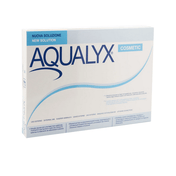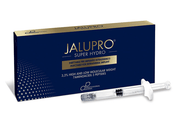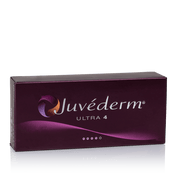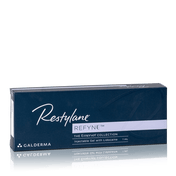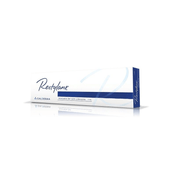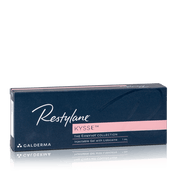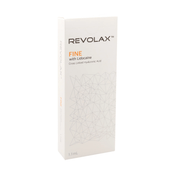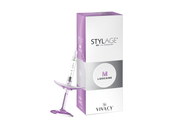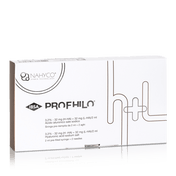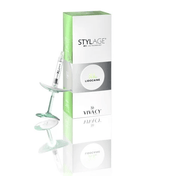The use of dermal fillers is steadily increasing, but with this growing popularity also comes many questions and uncertainties. In this article, we address the most common questions about dermal fillers to help you make an informed decision.
1. What are dermal fillers?
Dermal fillers are injectable substances used to restore volume, smooth wrinkles and improve facial contours. There are several types of fillers, but the most common are based on hyaluronic acid, collagen and calcium hydroxyapatite. These substances are safe and biocompatible, and the results are immediate.
2. Are fillers safe?
Yes, dermal fillers are generally considered safe when administered by a qualified professional. However, as with any cosmetic treatment, there can be risks and side effects. It is important to discuss your concerns with your doctor and follow his or her pre- and post-treatment instructions.
3. How long do the results last?
The duration of results varies depending on the type of filler used and individual skin characteristics. In general, hyaluronic acid fillers last 6 to 12 months, while calcium hydroxyapatite fillers can last up to 18 months or longer. It is important to do touch-ups to maintain the desired results.
4. Are there any side effects?
Some common side effects include swelling, bruising and redness in the area where treatment was performed. These effects usually disappear within a few days. In rare cases, more serious complications may occur, such as infection or allergic reactions. It is essential to follow your doctor's instructions and report any problems immediately.
5. What is the average cost of fillers?
The cost of dermal fillers varies depending on the type of filler, the area treated, and the practitioner performing the treatment. On average, the cost can range from 300 to 800 euros per syringe. Some centers offer packages or promotions, so it is always a good idea to inquire about the prices and offers available.
6. Can I undergo filler treatment if I have sensitive skin?
If you have sensitive skin or pre-existing skin conditions, it is important to discuss this with your doctor before treatment. Some fillers may not be suitable for all skin types, but your doctor will be able to advise you on the most suitable product and precautions to take.
7. What should I do before treatment?
Before undergoing dermal filler treatment, you should avoid alcohol and anti-inflammatory medications (such as ibuprofen) at least 24 hours beforehand. These can increase the risk of swelling and bruising. Also, consult your doctor about any medications or supplements you are taking.
8. What happens after treatment?
After treatment, it is normal to experience slight swelling or redness. I recommend that you apply ice to relieve these symptoms and avoid exposure to the sun and strenuous exercise for at least 48 hours. Always follow your doctor's instructions regarding post-treatment care.
Conclusion
Addressing concerns about dermal fillers is critical for anyone considering treatment. Answers to these common questions can help you feel more informed and confident in your decision. Always remember to consult with a qualified professional and openly discuss your expectations and concerns.
If you have other questions about dermal fillers, please feel free to contact us or visit our website for more information. Your beauty and well-being are our priority!


